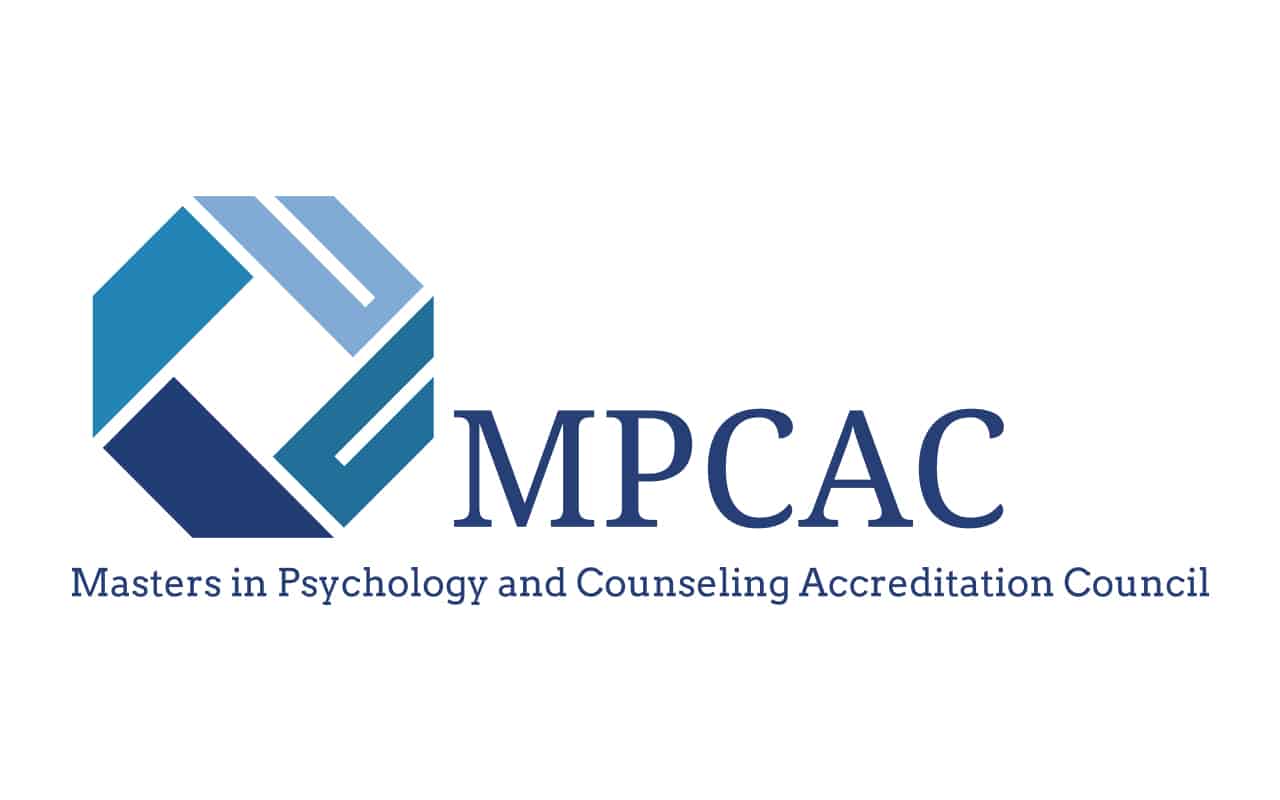Psychology Graduate Studies
Francis Marion University offers graduate programs leading to the following:
- Master of Science Degree in Applied Psychology (MSAP), Clinical/Counseling option
Coordinator: Dr. Matthew Hagler - Master of Science Degree in Applied Psychology with an emphasis in Applied Behavior Analysis (MSAP/ABA)
Coordinator: Dr. Christopher Bullock - Specialist Degree in School Psychology (SSP)
Coordinator: Dr. Crystal Hill-Chapman
Program Description
Within the graduate program, students develop the knowledge and skills necessary to work as professionals in clinical, school, health, and other community settings as scientist practitioners. Students and graduates are expected to bring scholarship and reflection to their work, as well as an understanding of diversity in clientele, methodology, and application.
Graduates report that their training occurred in a positive learning environment that recognized and nurtured diversity while emphasizing academic excellence. Program faculty produce scholarship that enhances teaching, involves students, and contributes to the profession of psychology.
Furthermore, faculty members consult with and render academic and practical assistance to local human service agencies, hospitals, and regional schools.
FREQUENTLY ASKED QUESTIONS
The application deadline for all master’s programs is February 15. The application for the PsyD program is February 1.
No. Due to accreditation requirements, we only accept students for Fall semester.
The faculty begins reviewing applications and arranging interviews after the deadline. Decisions are sent mid-March.
No. While a select few courses are offered online, the majority of courses require in person attendance.
Most Clinical/Counseling courses are offered during normal business hours. School Psychology and ABA courses are offered primarily in the later afternoon.
The department offers a limited number of scholarships. Out of state students receiving a scholarship of $250 or more are also receive an in-state tuition waiver.
Assistantships, including teaching assistantships, are available within the department and in other departments across campus. We are unable to offer tuition waivers associated with an assistantship; however, students with an assistantship earn a bi-weekly paycheck. Pay rates vary depending on the assistantship.
Accreditation
Accreditation of a graduate program in applied psychology insures that the program provides training in both the science and practice of psychology that meets the highest national standards.
FMU’s Master of Science program in Applied Psychology is accredited by the Master’s in Psychology and Counseling Accreditation Council (MPCAC). MPCAC is affiliated with both the Council of Applied Masters Programs in Psychology (CAMPP) and the North American Association of Masters in Psychology (NAMP).
The School Psychology option is approved by the South Carolina State Department of Education to train School Psychologists (Level II certificate), is approved by the National Association of School Psychologists (NASP), and is nationally recognized by the Council for the Accreditation of Educator Preparation (CAEP) at the specialist level.
The ABA Option is approved by the Behavior Analyst Certification Board (BACB) and meets the coursework requirement for eligibility to to take the Board Certified Behavior Analyst (BCBA) examination.

The FMU Department of Psychology’s Master of Applied Psychology – Applied Behavior Analysis is approved by the BACB (Behavior Analyst Certification Board).

The FMU Department of Psychology’s Specialist in School Psychology is fully approved by NASP through February 1, 2031.

FMU’s Specialist in School Psychology is nationally recognized by the Council for the Accreditation of Educator Preparation (CAEP).

The M.S. in Applied Psychology, Clinical/Counseling is accredited by the Masters in Psychology and Counseling Accreditation Council (MPCAC) for the period of April, 2018 through April, 2028.